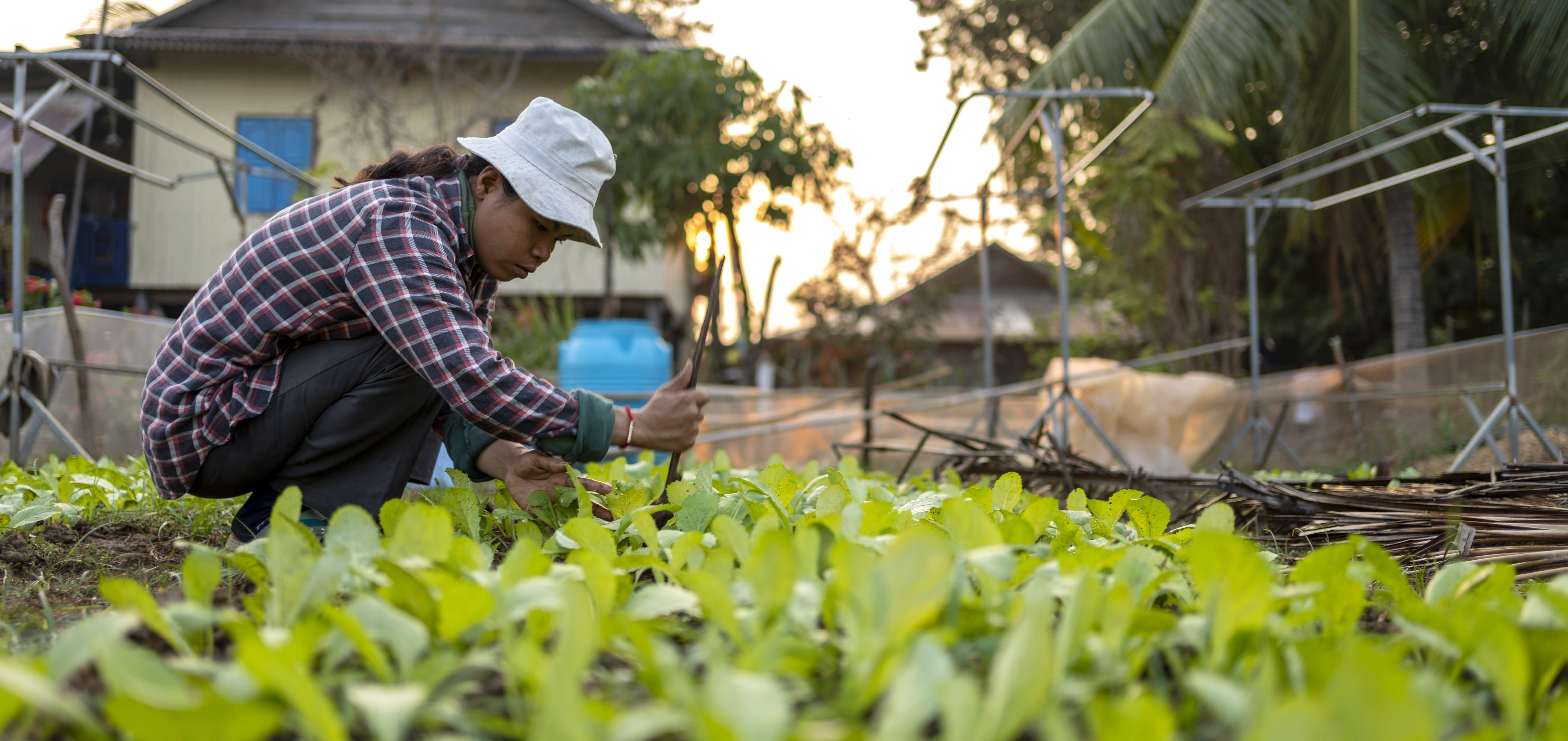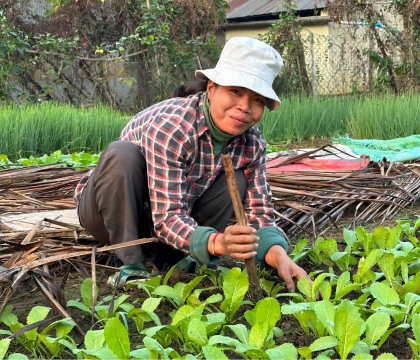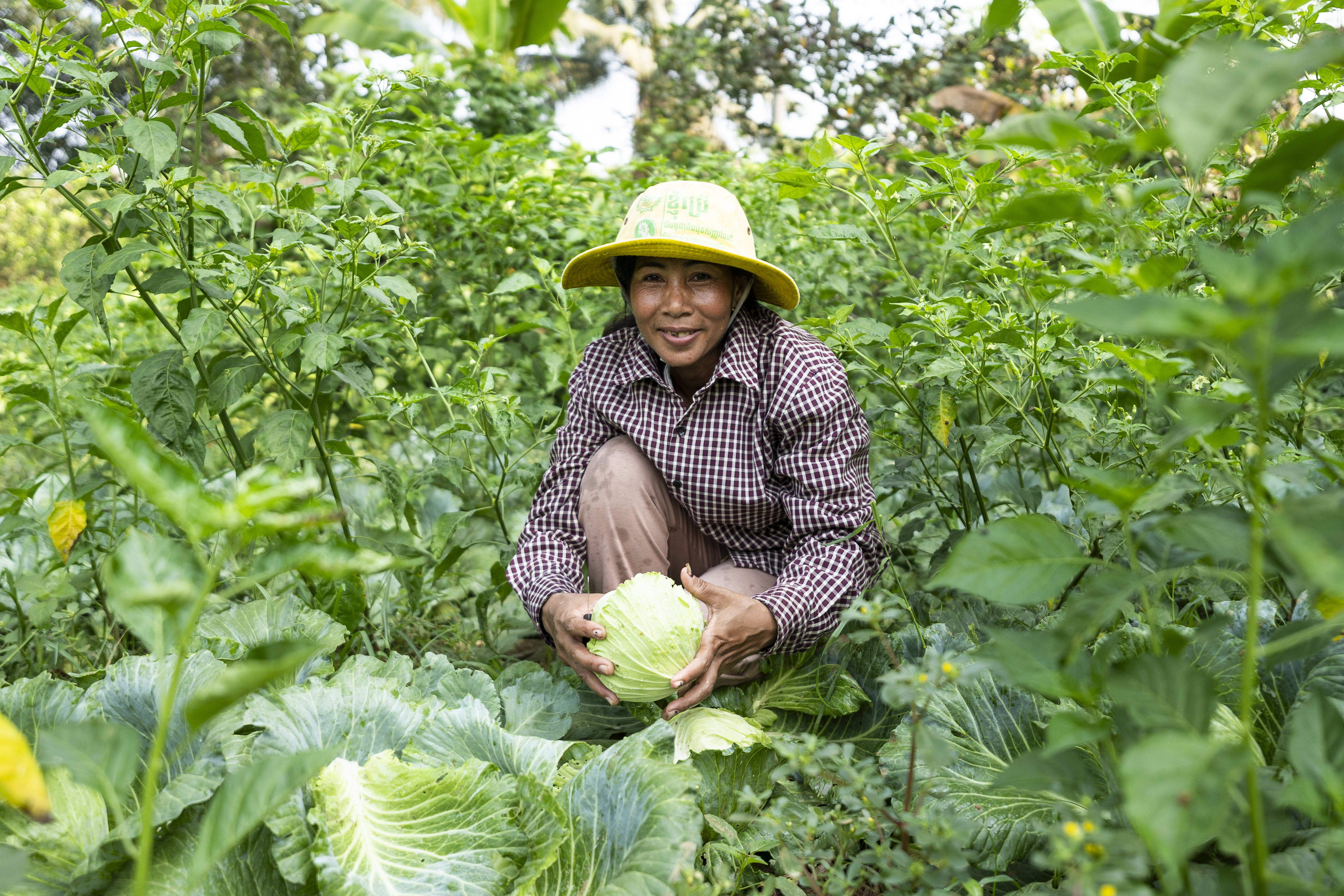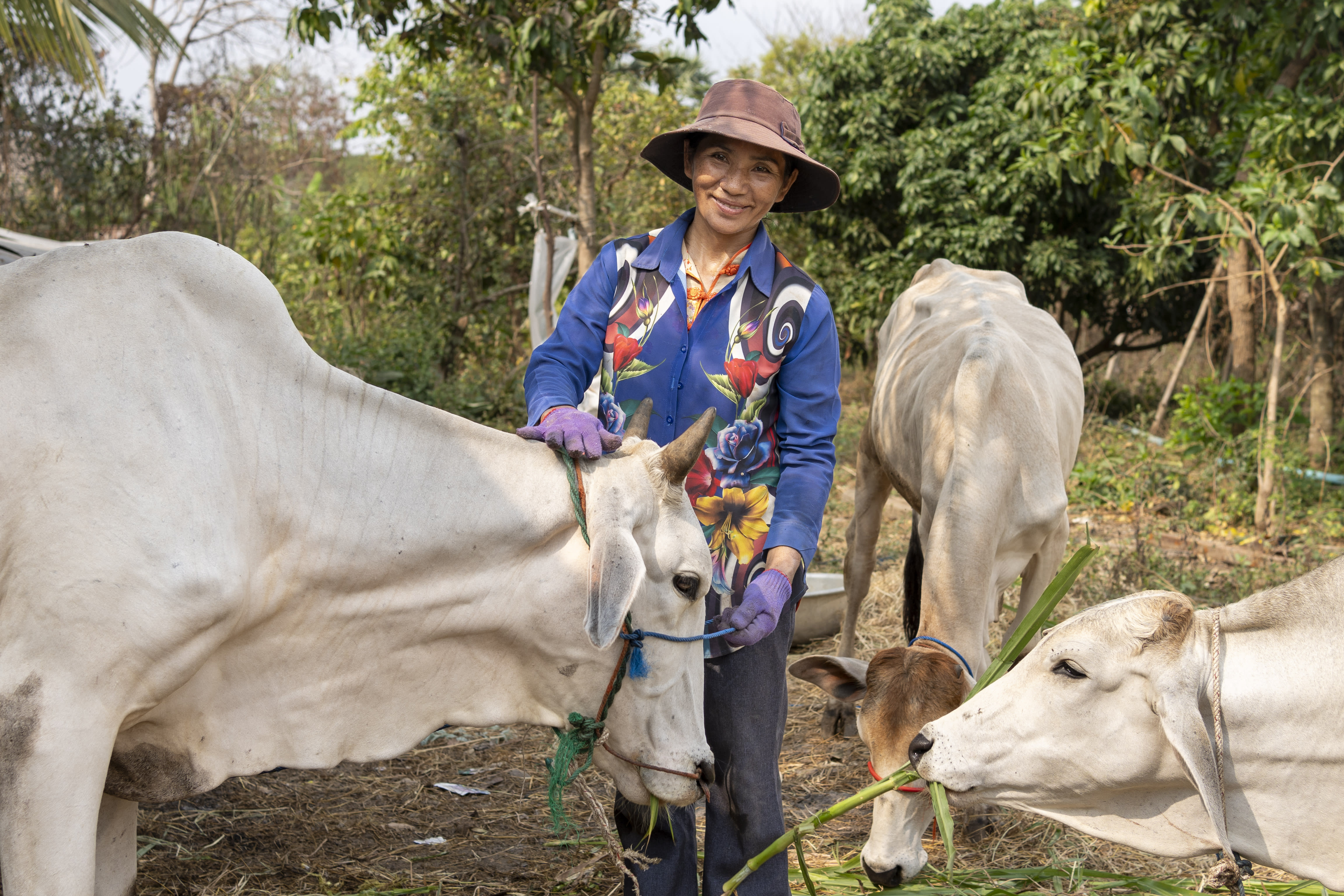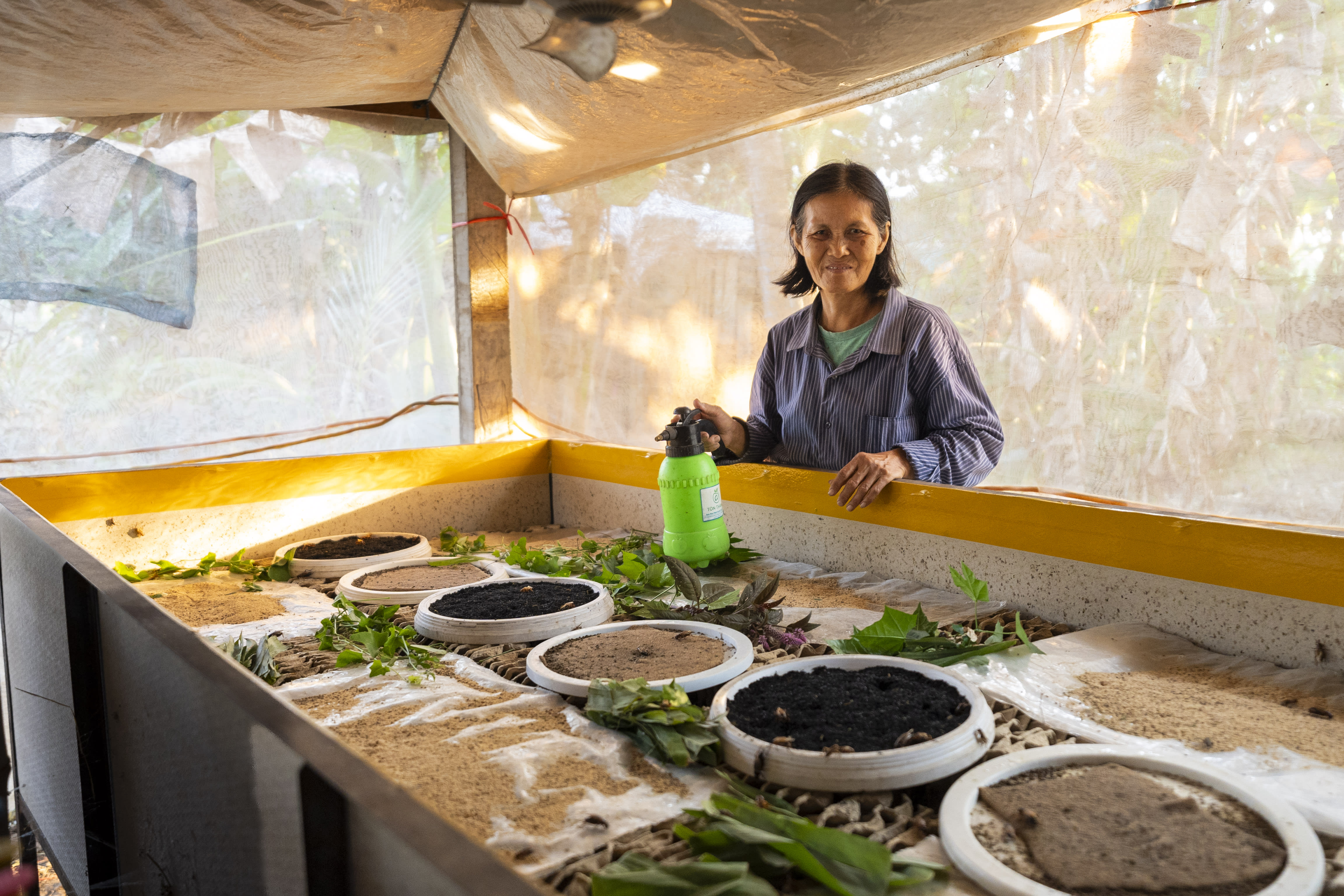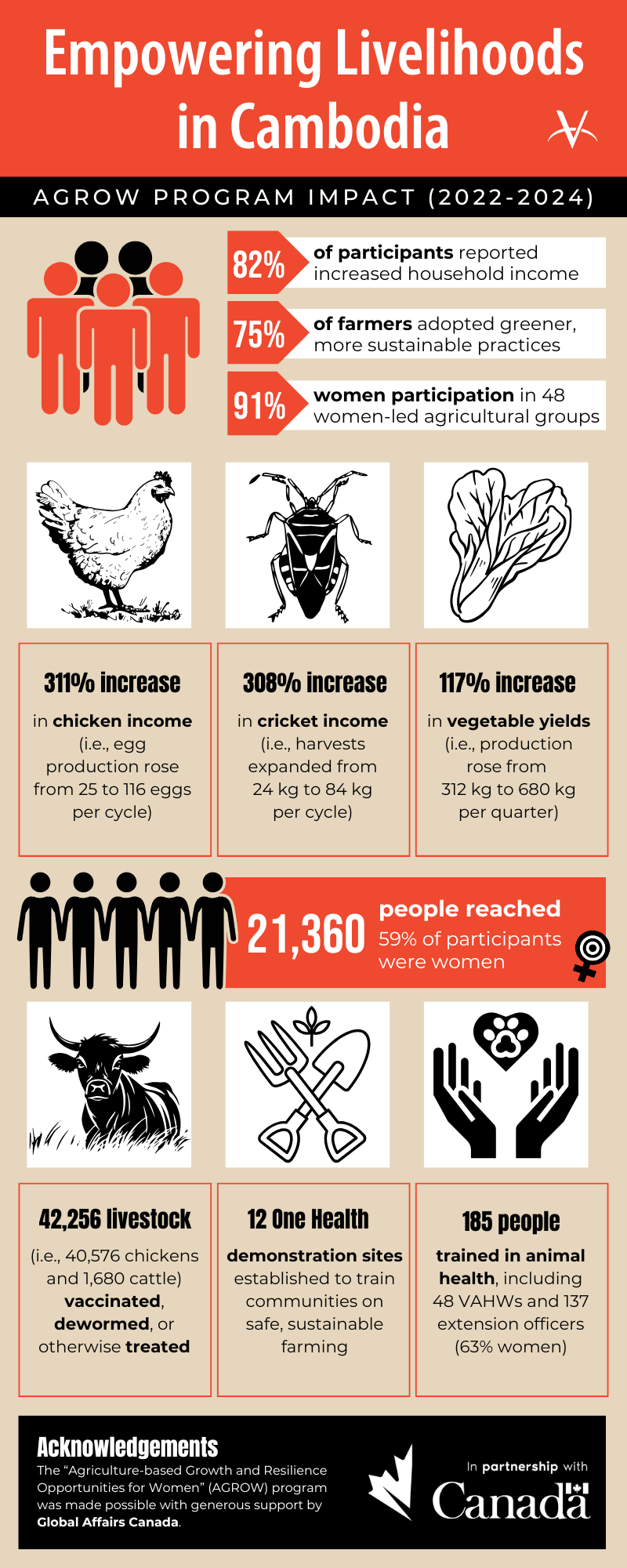VETS Volunteer Voices: How My Vietnam Placement Shaped the Path I Took — and the Work I Do
#VETSVolunteerVoices brings you stories of our passionate VETS program volunteers. Meet Kavitha Misra, a Gender Advisor in Vietnam from February 2021 to October 2023. Drawing on her volunteer experience — and her ongoing role as VWB’s Gender Advisor — Kavitha reflects on how her placement shaped her confidence, perspective, and approach to gender-responsive One Health work.

